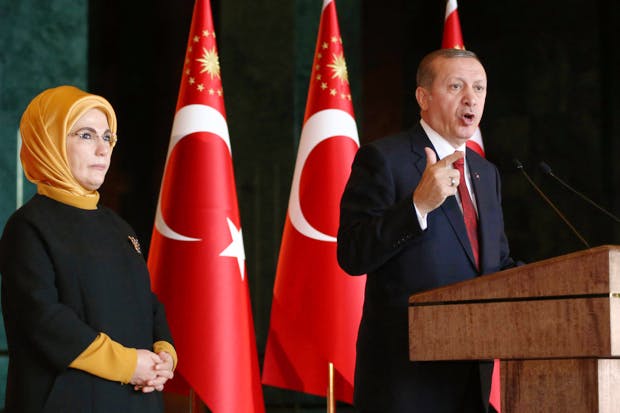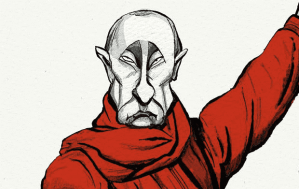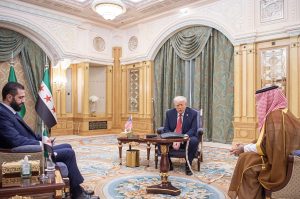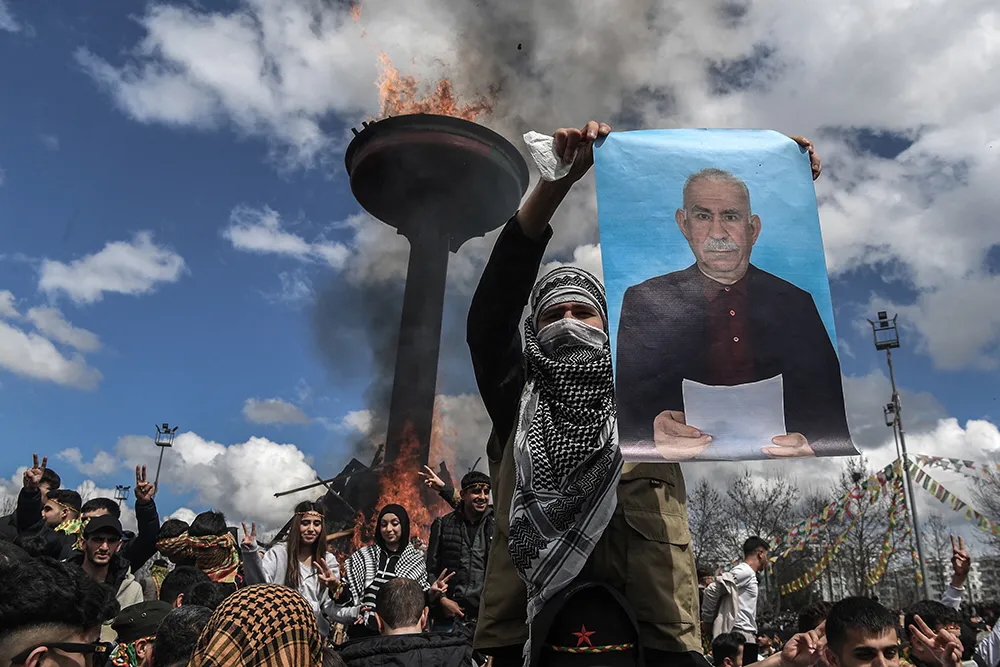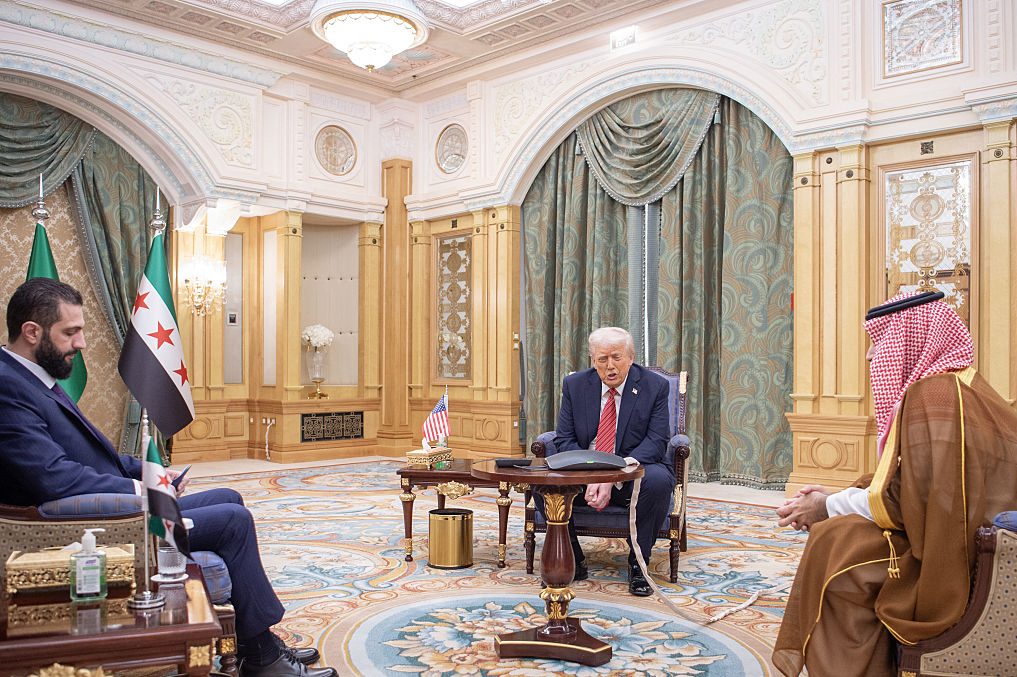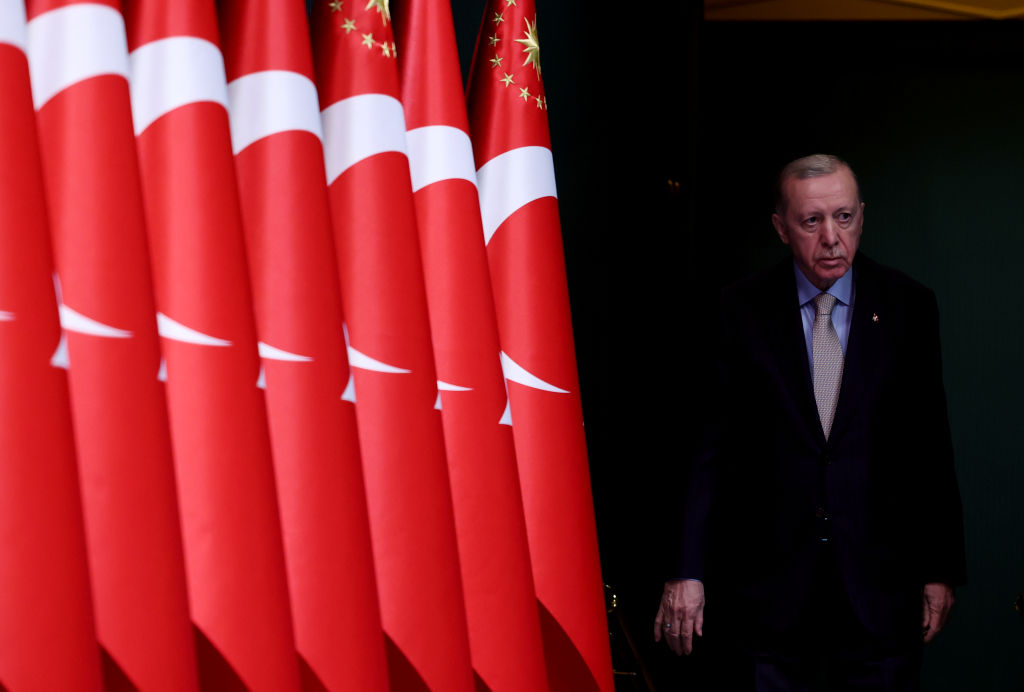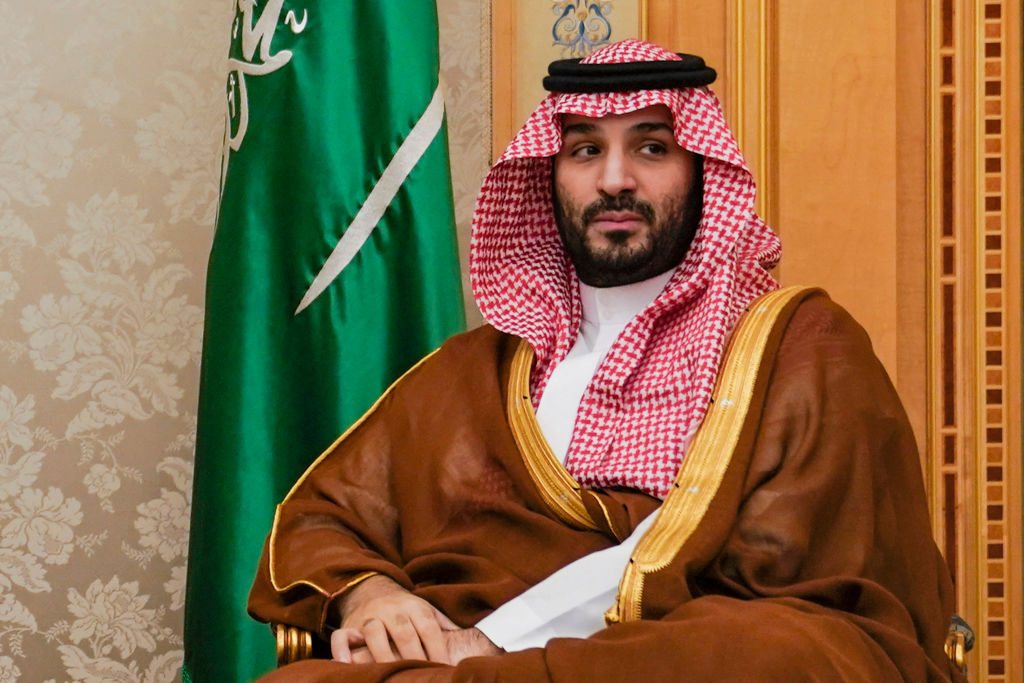The indignation over the disappearance of the Saudi journalist Jamal Khashoggi has taken an interesting turn now that Donald Trump has promised to inflict ‘severe punishment’ on the Saudi government should it turn out that he was in fact tortured and killed in the Saudi embassy in Ankara – though not obviously to the point of cancelling US military contracts with the kingdom.
And the indignation is entirely justified. For agents of a foreign state to infringe the human rights of its subjects in another country is a calculated insult to the country in question quite apart from the unpleasantness of exhibiting abroad the behaviour visited on critics at home. Even if the original intention of the Saudis were to extradite this tiresome critic rather than to kill him, this episode stinks.
So, if that is all very wrong, where does that leave Turkey? The government of Recep Erdogan has for its part been no slouch in following its critics abroad and whisking them back home, to a fate that has never quite been made clear. At the end of March, an operation between Turkey’s National Intelligence Organisation (MIT) and Kosovo’s intelligence agency apprehended six Turkish nationals in Kosovo and whisked them back to Turkey. This was done with the help of the Kosovo interior minister and head of intelligence but critically without the knowledge and consent of the Prime Minister, Ramush Haradinaj. He has sacked both ministers, but the sacking needs the consent of the Kosovo president to be effective, one Hashim Thaci, who has very close ties with the Turkish government. The following month, the European Union criticised Kosovo for the deportation, saying it raised questions about Kosovo’s respect for human rights. What, Hashim Thaci and his party iffy about human rights? You don’t say.
And it’s not just Kosovo where the Turkish intelligence agency, MIT, has been unusually active. In October, 2016 Bulgaria returned at least six Turkish citizens to Turkey. Border police had, it seems, found them close to the Romanian border. The story is that they claimed asylum and were told they would be taken to a refugee centre; instead they were taken to Turkey. Other dissident Turks in Bulgaria identified by the Turkish interior ministry remain at risk of being similarly detained.
Then there was a more recent case earlier this month in Moldova, a dirt poor country anxious to attract Turkish investment, in which six Turks were allegedly detained by MIT and taken no one knows where. This too may have been with the consent of the Moldovan government whose security services rather pathetically claimed responsibility for the arrests.
Now all the people apprehended in this way are reported to be associated with the shadowy Gulen movement and its exiled clerical head, Fethullah Gulen – usually described in the official Turkish media as the ‘FETO terrorist movement’ – which President Erdogan blames for the attempted coup in 2016 which almost succeeded in overthrowing his government. Almost all of them work for Gulenist schools, which operate in all these countries. And that’s just in Europe. Outside Europe, several hundred Turkish suspects have been sent back to Turkey by countries where Turkey exerts diplomatic influence, including Sudan, Pakistan and Afghanistan.
Now, the crucial difference between the actions of the Turkish intelligence services in dealing with the Gulenists and those alleged of the Saudis in respect of the unfortunate Mr Khashoggi is that the arrests and deportations and disappearances have happened with at least token co-operation by the governments concerned. Though for Turkish intelligence officers to have carte blanche to operate in notionally independent countries should give us pause… certainly in Kosovo, which is meant, God help us, to be effectively under the EU’s aegis.
But the taste and feel of the thing is another matter. Pursuing Gulenist enemies of the state abroad and whisking them back to Turkey where their fate remains unclear doesn’t strike me as so very different from the actions of the Saudis in dealing with a tiresome critic inside the Saudi embassy in Ankara. If President Erdogan seems inclined to cut the Saudis a bit of slack on the principle of the thing, well it may be a matter of a pot hesitating to call a kettle black.
This article was originally published on The Spectator’s UK website.



